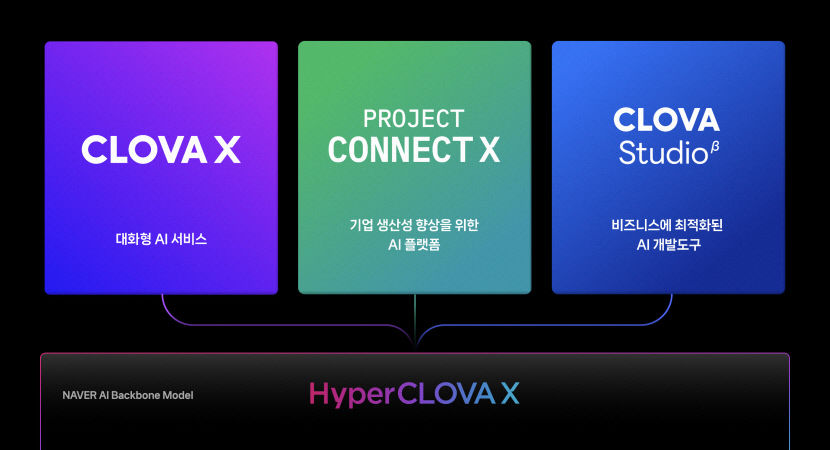Many journalists and writers today worry that artificial intelligence will steal their jobs in the news industry. However, AI cannot serve as a true competitor. Instead, it has the potential to become a powerful ally that enhances journalists’ productivity.
According to NBC News, Google has stated that AI tools are “not designed to replace the essential role of journalists in reporting, creating, and fact-checking.” AI can help correct grammar errors for novice writers, analyze data, and reduce overall workload. While some journalists are already using AI tools, AI itself cannot function as an independent writer.
When I first heard about AI being widely used in Hollywood writers’ rooms and the increasing number of AI-generated news articles, I too felt anxious about the future of journalism. However, as I learned about AI’s limitations, I realized that it cannot create human creativity and opinions on its own, nor can it produce completely original content without plagiarizing. Additionally, AI lacks the ability to distinguish between fact and fiction. While it can mimic human writing, it cannot completely replace humans.
Therefore, journalists and writers should embrace AI as a tool rather than fear it. According to Techopedia, a technology information database, AI’s machine learning algorithms can “identify trends and patterns” from vast amounts of data, helping journalists save time to write more in-depth articles. While current AI technology cannot fully replicate human writing, it can serve as a useful auxiliary tool for journalists. By utilizing AI, journalists can reduce the time spent on research and analysis, allowing them to write more comprehensive and analytical articles.
Furthermore, AI helps news organizations analyze their audiences more effectively and provide personalized content. However, some content production news companies are using AI to automatically generate articles, which amounts to plagiarism lacking creativity. Since AI tools fundamentally generate results based on learning from existing information on the internet, they cannot create completely new content. For this reason, claims that AI will replace journalists’ jobs currently lack feasibility.
According to Gizmodo, a technology media outlet, several news companies have used AI to plagiarize human journalists’ work. A notable example is CNET’s AI ‘journalist’ being caught plagiarizing articles from various outlets, including Forbes. Additionally, content farms are increasingly using AI to generate fake news. For instance, a site called CelebrityDeaths.com used AI to write and report false news claiming that US President Joe Biden had died. These poor news production examples show that AI poses no real threat to journalism but merely represents ‘copy-paste journalism.’
Data-driven reporting also fails to deliver meaningful value to readers if AI simply lists numbers. Readers expect journalists’ deep insights to interpret and analyze data rather than raw statistics. AI cannot perform roles that only humans can fulfill, such as critical thinking, contextual understanding, interpretation, storytelling, adaptability to change, and ethical judgment.
In conclusion, while AI will present challenges for journalists and writers, it cannot replace human creativity and analytical abilities. Rather, AI can become a tool that helps journalists write more in-depth articles and expand their thinking. Instead of fearing AI, it’s time to actively utilize it to advance journalism to the next level.

